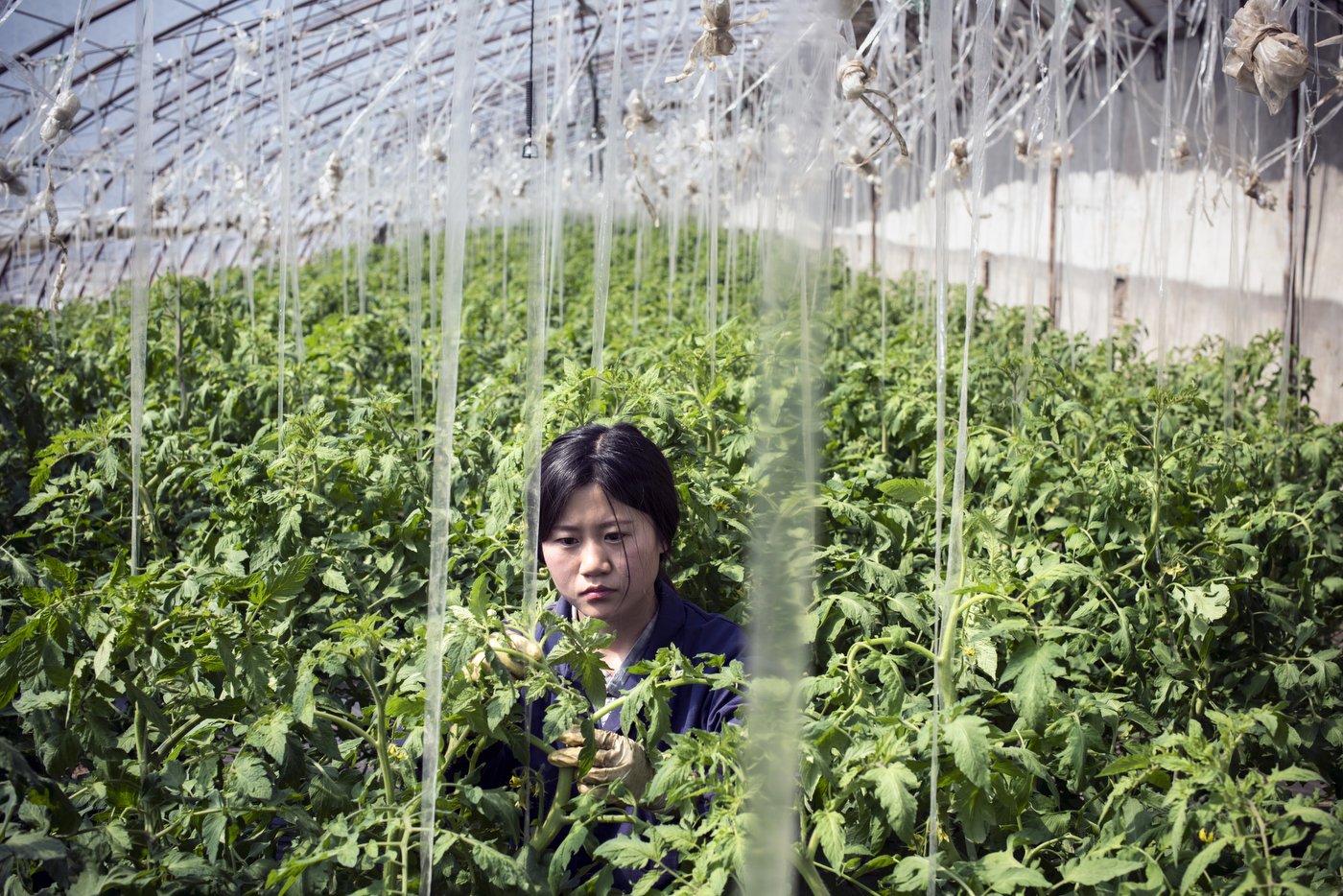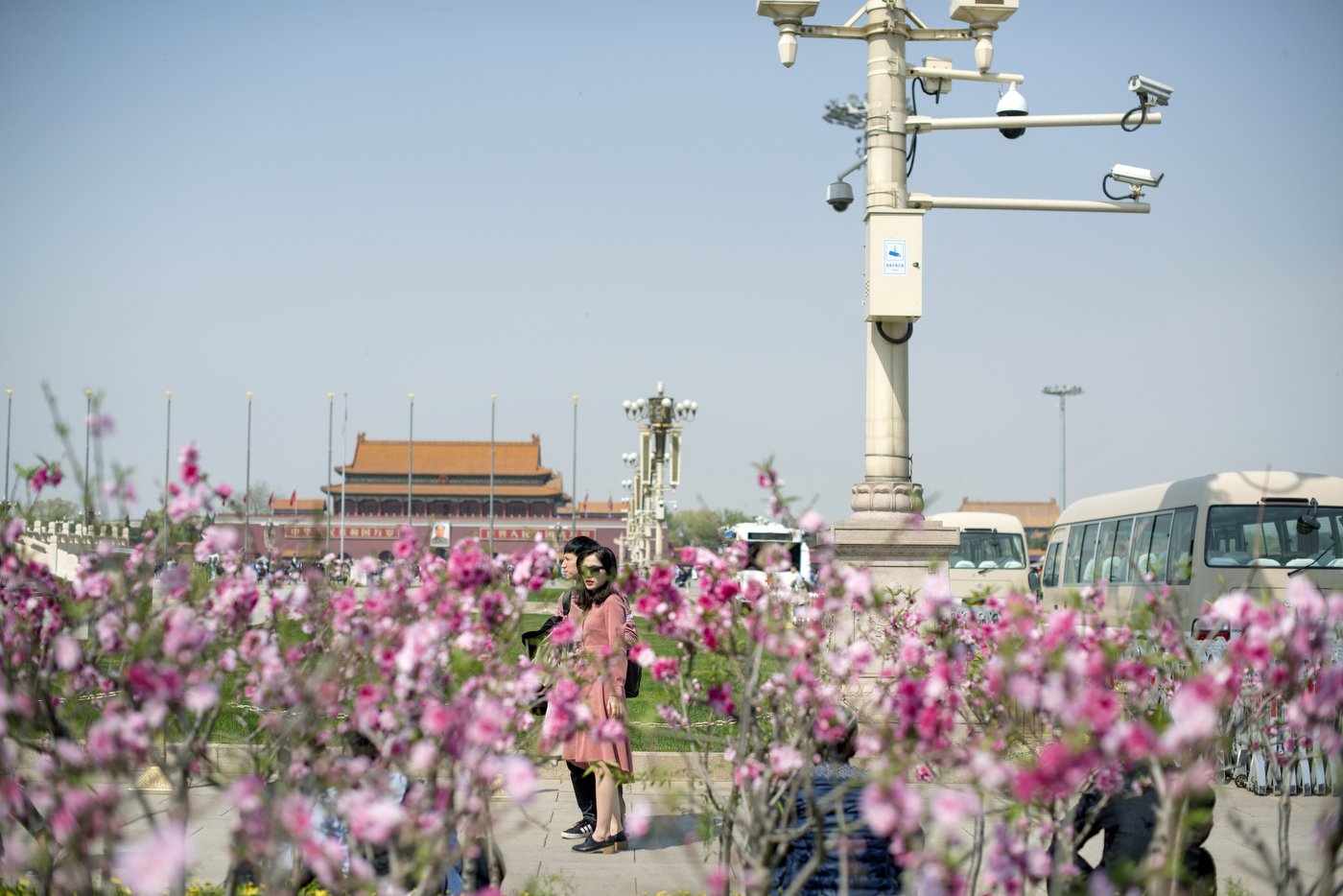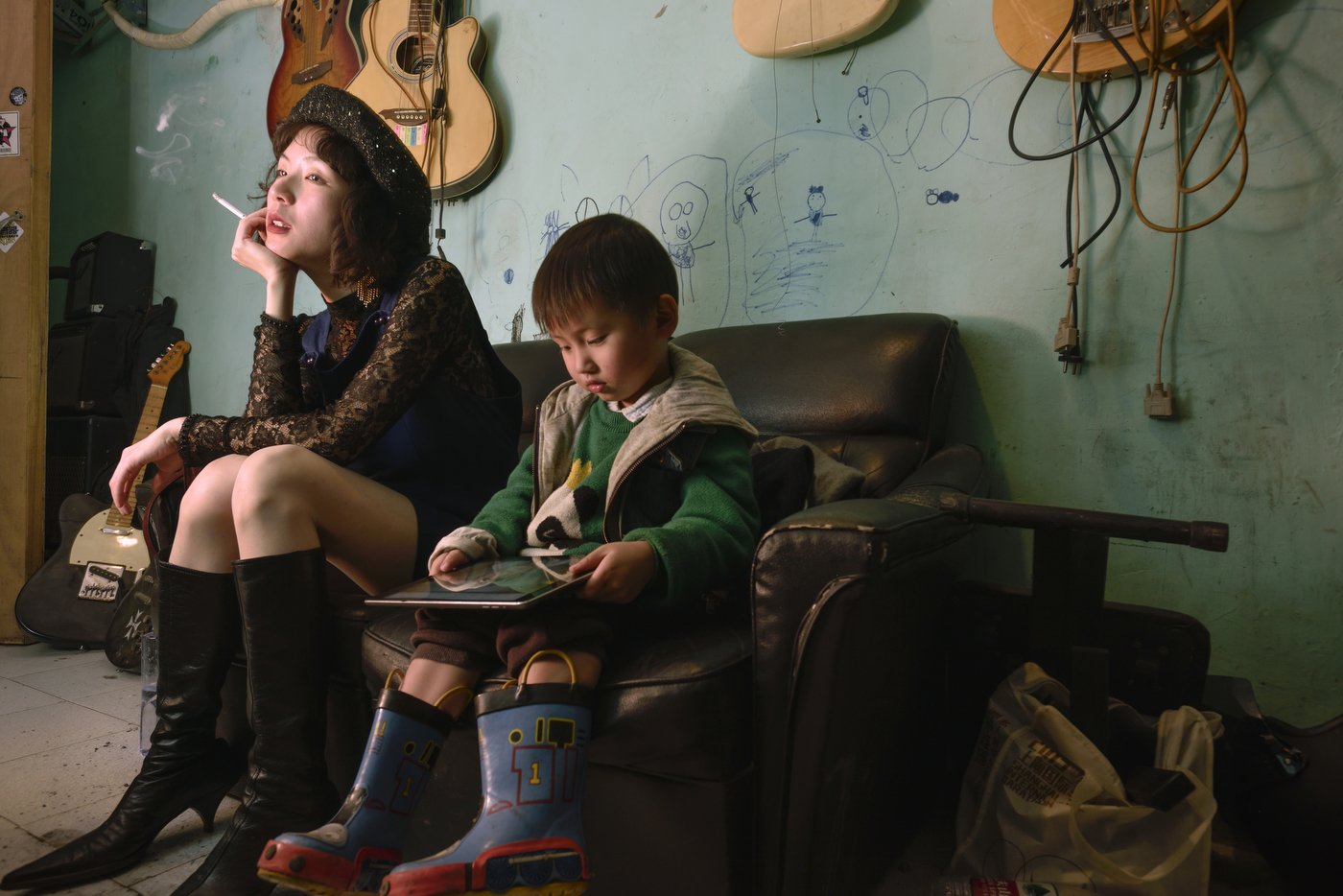Mark Leong • Coming of Age: China’s Post-90s Generation
2024 • Blue Earth Fiscal Sponsorship
-
In 2017, I started a long-term project photographing “post-90s” young urban Chinese adults under 30. This cohort was born after 1990, just as China was lifting itself out of centuries of turmoil and poverty to become a superpower. Fortified with money, technology and political stability, it was as if they had grown up on a different planet than their parents.
Now come of age, these two hundred million young adults are poised to impact the world. But they also an untidy array of increasingly fluid personalities dealing with previously unknown choices and pressures in a much more globalized China. Over three years, I sought out and photographed many varied experiences — hi-tech migrants, hockey players, grad students, gig workers, organic farmers and online influencers. Then came the pandemic and I had to leave in 2020 without completing my project.
I am now updating these young people’s stories, five and more years later, as a next step in what is shaping up as a longitudinal project. Some have graduated, started/ended relationships, switched jobs, or gone overseas. Some are over 30 now and have their own children. Their words and stories will detail their experiences, attitudes and emotions through Covid and beyond.
Since 1989, photographing Chinese young people has been a constant thread in my career, covering rock bands, internet hackers, entrepreneurs, factory workers and self-labeled “hooligans.” While I am ethnically Chinese, I am still an outsider who came with a preconceived notion of Chinese people as a monolithic bloc of conformity. One of my goals, then, has been to share the realities of diverse, nuanced lives in this most massive of mass societies.
-
Please contact Mark directly if you are interested in sharing this story - lmrklmrk@gmail.com
-
CENTER is a 501(c)(3) organization. Donations may qualify as a charitable deduction for federal income tax purposes.
DONATE HERE or at the bottom of this page.
About the Artist
Mark Leong is a fifth-generation Chinese American documentary photographer from Sunnyvale, California. After graduating from Harvard in 1988 with a degree in Visual and Environmental Studies, he received a Gardner Fellowship to photograph the following year in China. In 1992, he was in residency at the Central Academy of Fine Art in Beijing, sponsored by the Lila Wallace Foundation. Beijing became his long-term base in 1997, from which he photographed throughout Asia. In 2003, he joined Redux Pictures. His book China Obscura was published in 2004. After more than two decades in China, he returned to the San Francisco Bay Area where he now lives.
He is a contributing photographer for National Geographic, and his stories have appeared in Time, Fortune, the New York Times Magazine, The New Yorker and Smithsonian. Honors include the National Endowment for the Arts, Fifty Crows, the Overseas Press Club, and the Open Society Foundation. In 2010, he was named the Wildlife Photojournalist of the Year for his coverage of the Asian wildlife trade. Shows include Carpenter Visual Arts Center, San Francisco Arts Commission, Leica Gallery Frankfurt, China National Museum, Biennale of Urbanism/Architecture Shenzhen and Photoville.
markleongphotography.com

Contribute to Coming of Age
© Mark Leong















